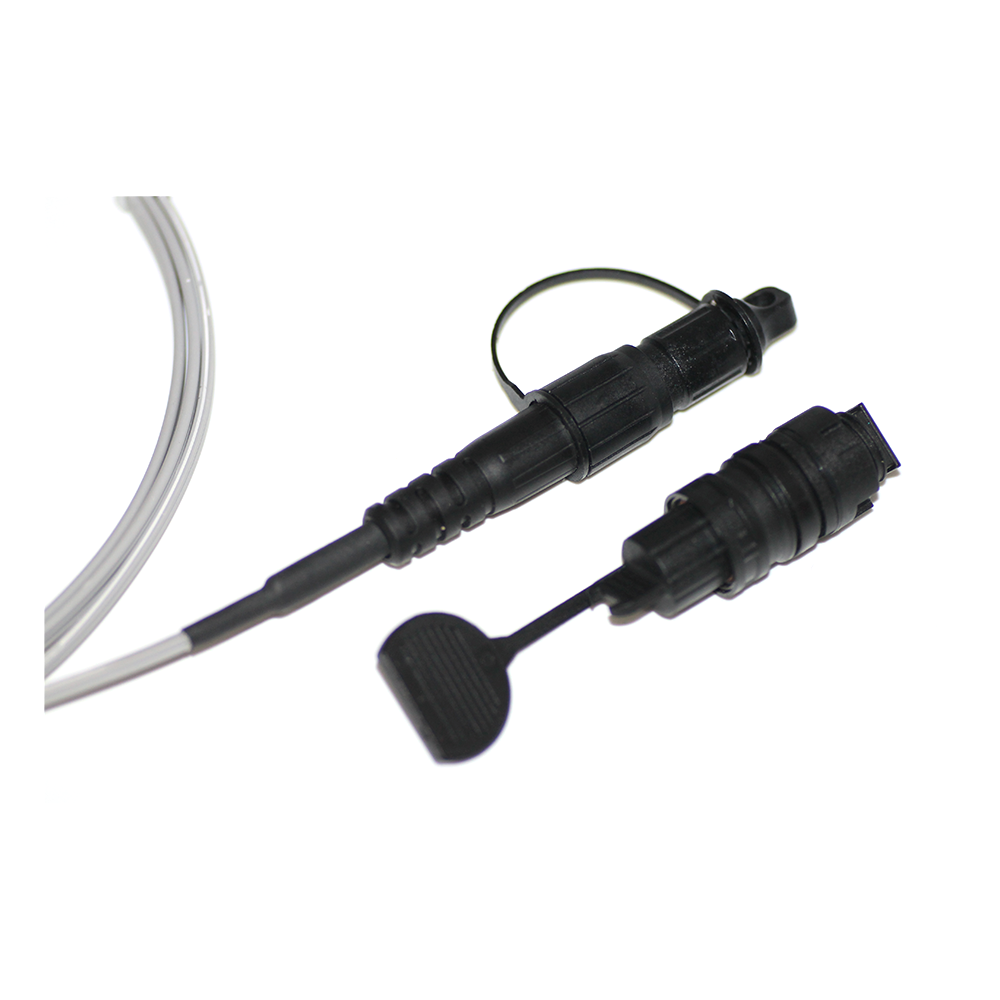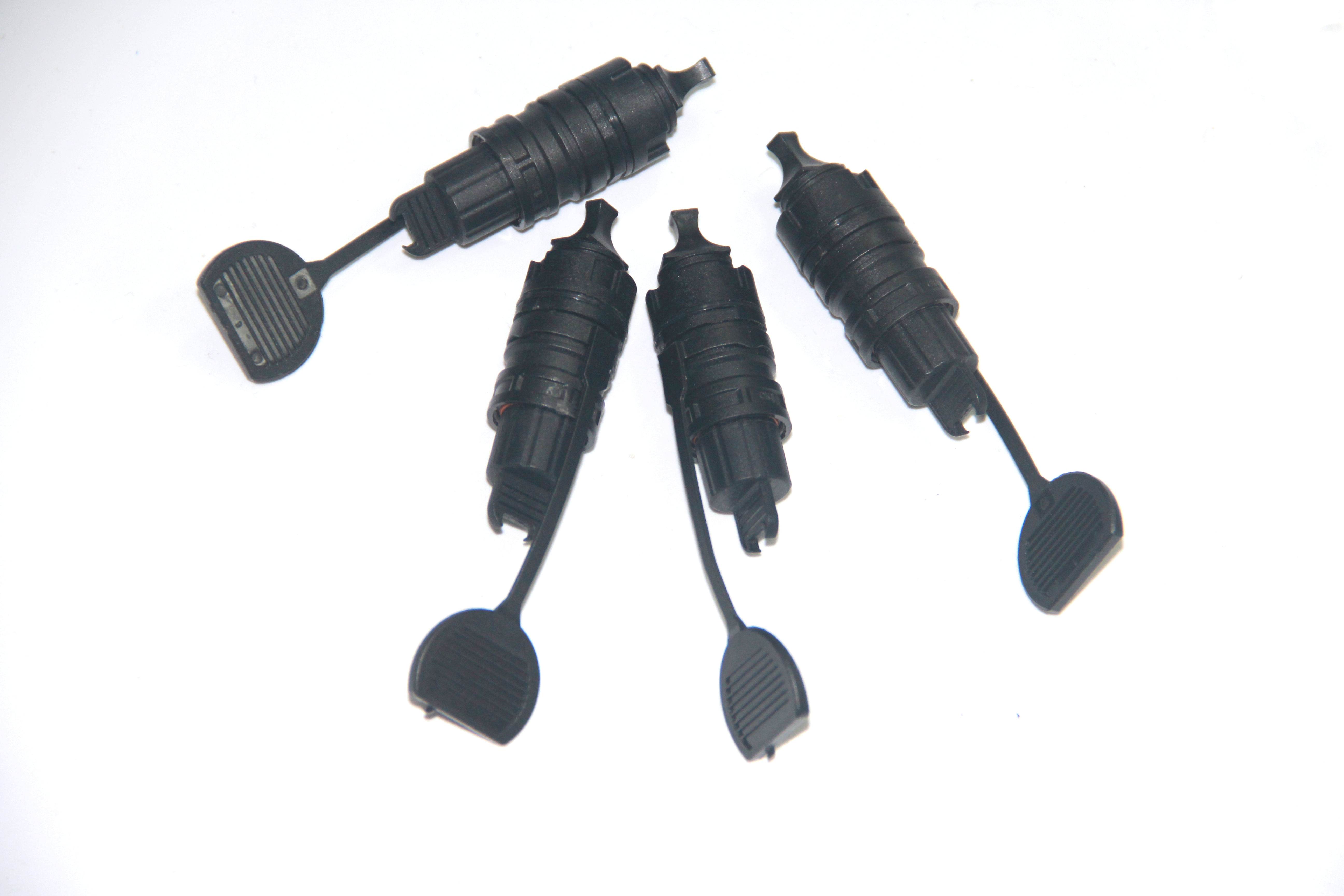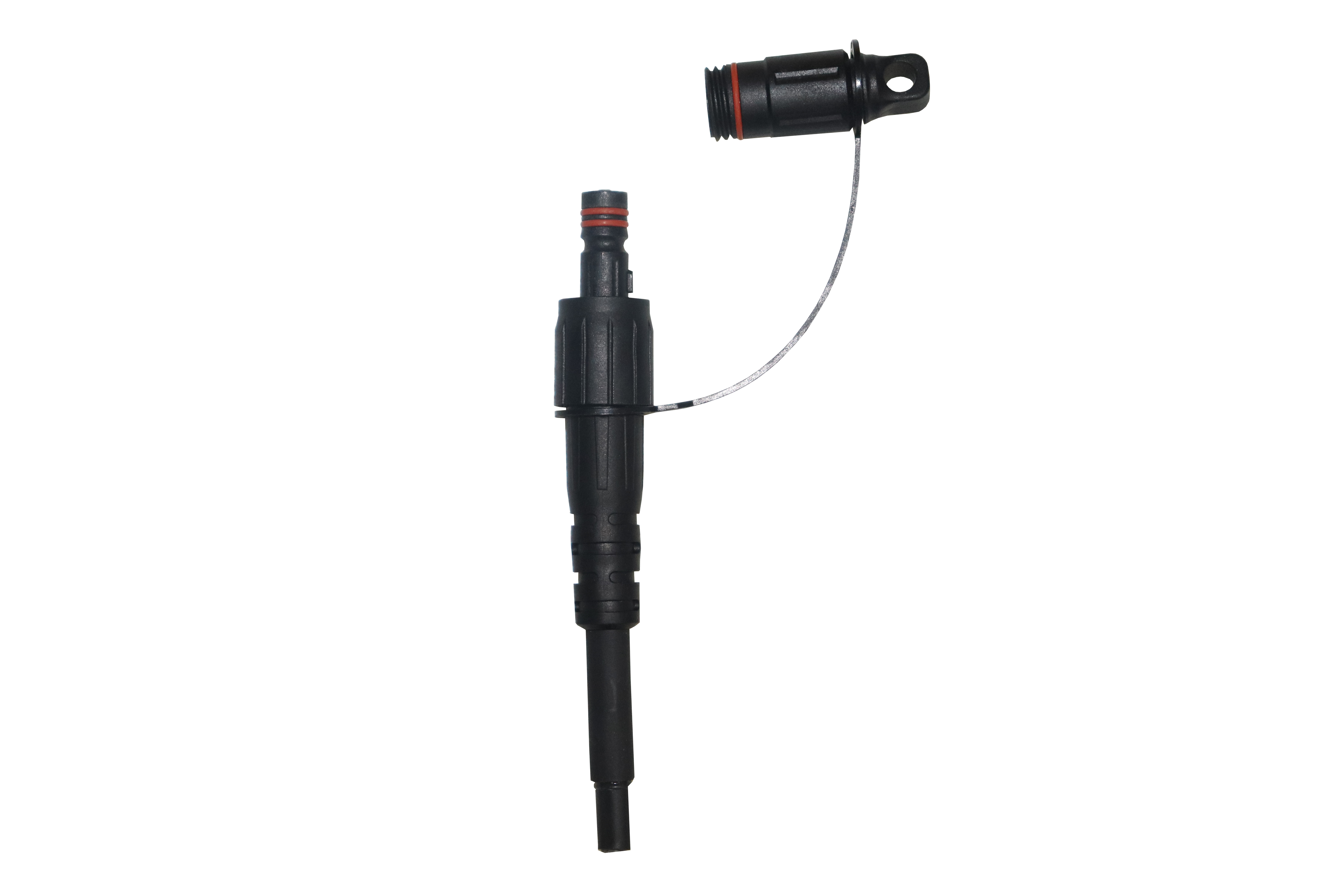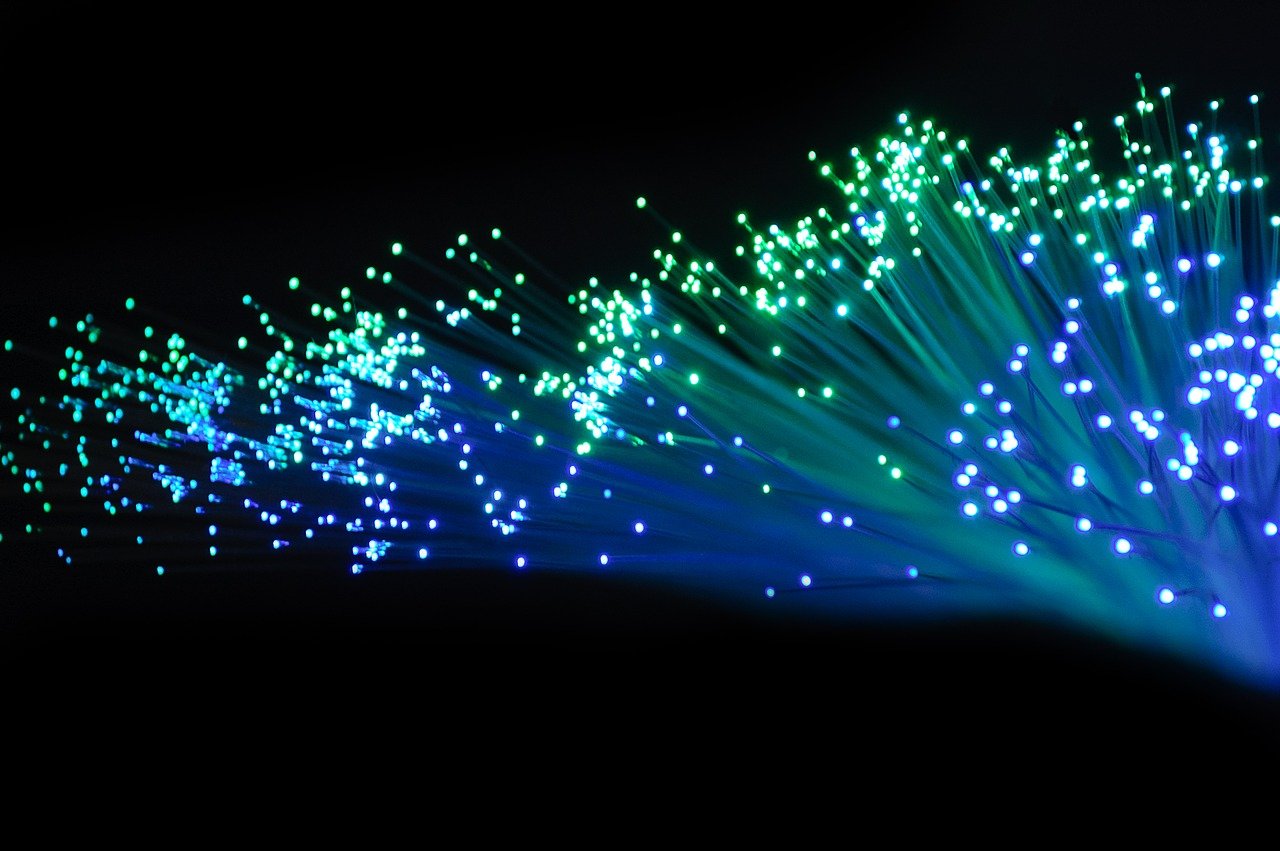Future Trends in Hardened Connector Technology for Fiber Optic Networks

Enhancing Fiber Optic Networks
In the ever-evolving world of fiber optic networks, hardened connectors have emerged as a vital component. These connectors play a crucial role in enhancing the overall performance and reliability of fiber optic networks. With the increasing demand for high-speed data transmission and seamless connectivity, organizations are turning to hardened connectors like those offered by FiberHome. These connectors provide a robust and durable solution that ensures uninterrupted signal transmission in fiber optic networks. By incorporating hardened connectors into their infrastructure, organizations can experience improved network stability, reduced downtime, and enhanced data integrity. The advancements in fiber optic connector technology, such as those provided by FiberHome, contribute to the continuous enhancement of fiber optic networks worldwide.
Advantages of Using Hardened Connectors
Hardened connectors offer several advantages when it comes to fiber optic networks. These connectors are specifically designed to provide enhanced durability and reliability, ensuring consistent performance even in harsh environmental conditions. With their rugged construction and robust design, hardened connectors can withstand extreme temperatures, moisture, dust, and vibrations that may be present in various installation environments. This durability translates into a more reliable network connection, minimizing the risk of signal loss or interruptions.
In addition to improved durability and reliability, utilizing hardened connectors can also lead to reduced maintenance and downtime for organizations. The rugged nature of these connectors means they require less frequent maintenance compared to standard connectors. This results in improved operational efficiency as technicians spend less time on connector maintenance tasks. Reduced downtime means businesses can maintain uninterrupted connectivity, leading to increased productivity and customer satisfaction.
Furthermore, the decreased need for maintenance and the enhanced reliability of hardened connectors contribute to cost savings for organizations. With fewer instances of connector failures or issues, there is a reduced need for replacement parts or technician visits. This not only saves money but also minimizes disruptions to business operations.
Overall, the use of hardened connectors offers enhanced durability and reliability in fiber optic networks while reducing maintenance requirements and downtime. These advantages make them an excellent choice for organizations looking to improve their network performance and operational efficiency.
Ensuring Proper Installation and Maintenance
Proper installation and maintenance practices are essential for maximizing the performance and longevity of hardened connectors in fiber optic networks. Following industry standards and guidelines is crucial to ensure reliable connections and optimal network performance.
When it comes to installation, it is important to adhere to recommended techniques. This includes carefully cleaning the connector endfaces before mating, using lint-free wipes and approved cleaning solutions. Additionally, connectors should be inspected for any signs of damage or contamination before installation. Proper alignment during mating is also critical to avoid signal loss or degradation.
Regular maintenance is key to maintaining the performance of hardened connectors over time. Regular inspections should be conducted to check for any signs of wear, damage, or contamination. If necessary, cleaning should be performed using appropriate tools and materials. Protective caps and covers should be used when connectors are not in use to prevent damage from dust, moisture, or physical impact.
By following these best practices for installation and maintenance, organizations can ensure that their hardened connectors continue to perform reliably in fiber optic networks. These practices contribute to improved signal integrity, reduced downtime, and enhanced overall network performance.

Emerging Trends in Connector Technology
As fiber optic networks continue to evolve, connector technology is also advancing to meet the growing demands of these networks. One of the emerging trends in connector design is miniaturization. Connectors are becoming smaller and more compact, allowing for higher density installations and improved space efficiency. This trend is particularly beneficial in environments where space is limited or when deploying fiber optic networks in tight spaces.
Another significant trend in connector technology is the focus on higher data rates and improved signal integrity. With the increasing need for faster transmission speeds, connectors are being designed to support higher bandwidths and accommodate advanced protocols. These advancements ensure that fiber optic networks can handle the ever-increasing demand for data transmission without compromising signal quality.
In addition to speed and performance improvements, future connector technology is also focusing on compatibility with next-generation networks. As network infrastructure continues to evolve, connectors need to be able to seamlessly integrate with new technologies and protocols. This includes support for faster transmission speeds, increased bandwidth capacity, and compatibility with advanced network architectures.
By staying informed about these emerging trends in connector technology, organizations can make informed decisions when selecting hardened connectors for their fiber optic networks. The continuous advancements in connector design contribute to the overall improvement of network performance, reliability, and scalability.
Embracing Hardened Connectors
In conclusion, embracing hardened connectors is crucial for organizations seeking to enhance their fiber optic networks. These connectors offer numerous benefits, including enhanced durability, reliability, and compatibility with various network installations. By incorporating hardened connectors like those offered by FiberHome, organizations can ensure consistent performance even in harsh environmental conditions. Staying informed about emerging trends in connector technology allows organizations to make informed decisions when selecting the most suitable connectors for their network infrastructure. With the continuous advancements in fiber optic connector design, such as miniaturization and improved signal integrity, hardened connectors play a vital role in improving network performance and meeting the growing demands of fiber optic networks.

See Also
Advancements and Trends in Rodent Proof Fiber Optic Technology
Wall Mount Solutions and Trends for Fiber Optic Patch Panels
Improving FTTH Networks with ESC250D Fiber Optic Fast Connector
Features and Specifications of ESC250D G657A1 Fiber Optic SC APC Field Installable Connector
Comparison of FC/UPC vs FC/APC Fiber Optic Patch Cord Connectors


